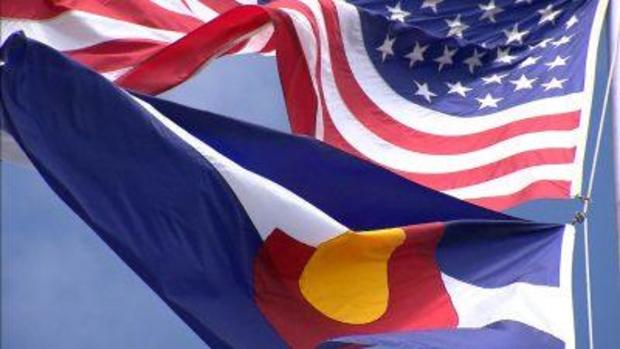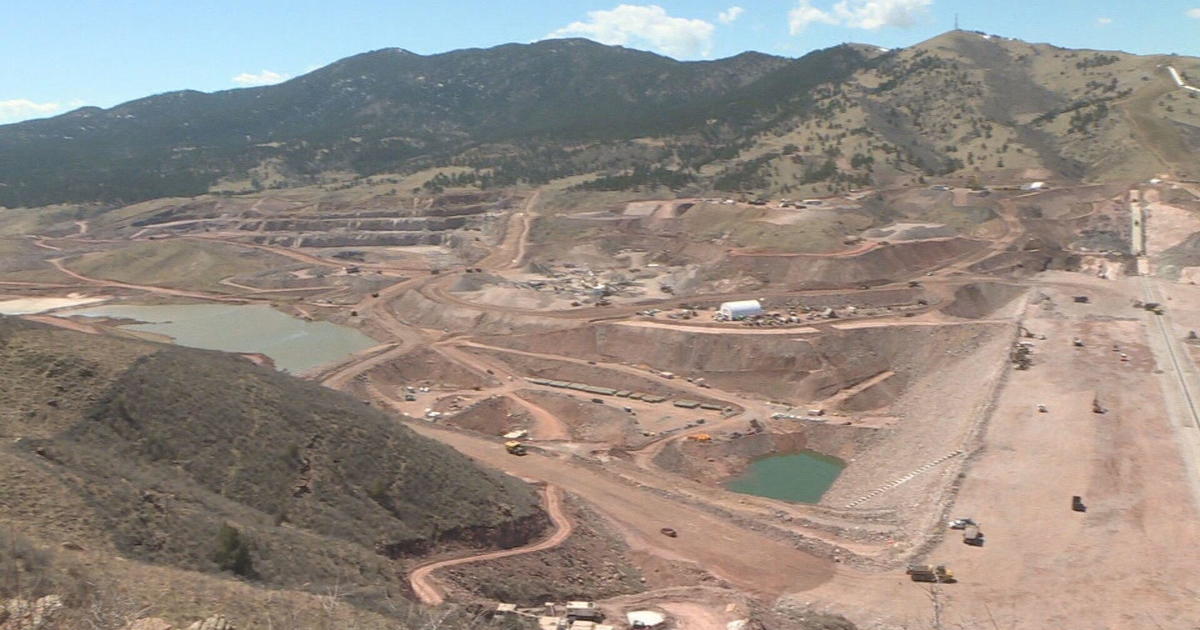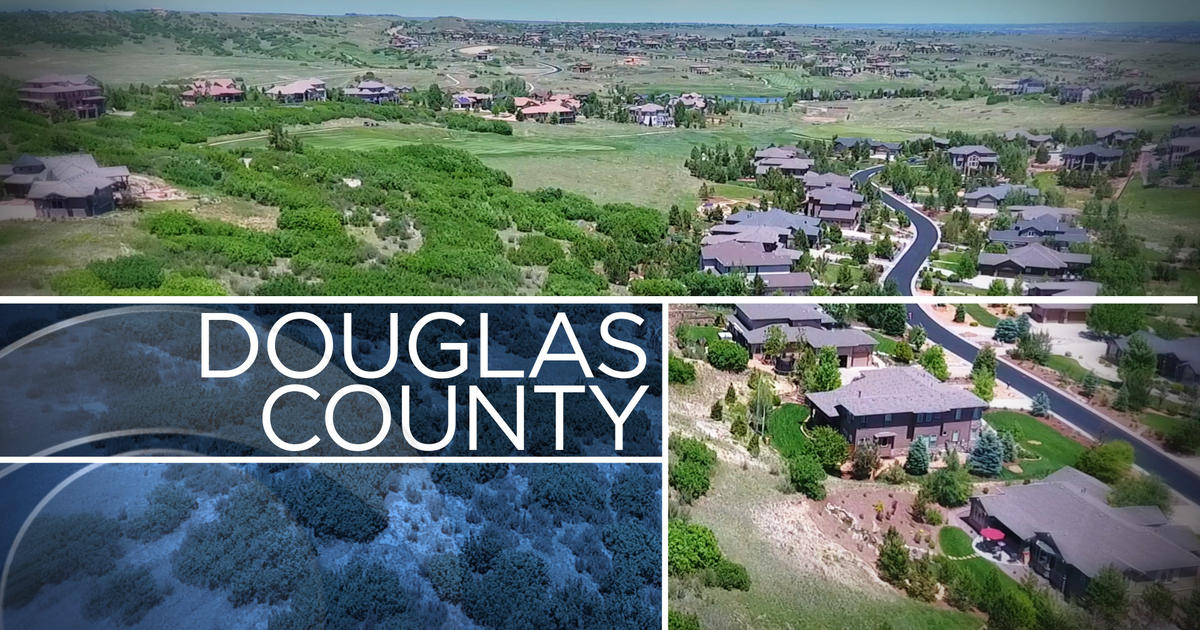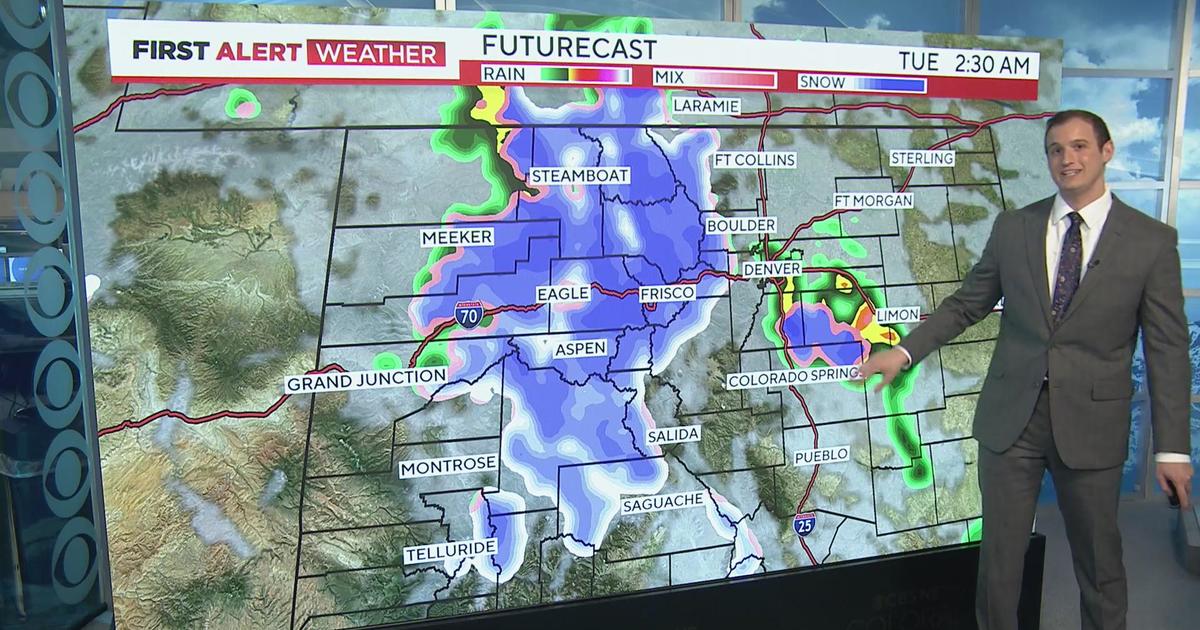Colorado's abortion law to remain unchanged as neighboring states react to Roe v. Wade reversal
As Americans react to the official ruling that the Supreme Court is overruling Roe v. Wade, allowing states to impose further restrictions on access to abortions, Coloradans are being assured that their expectations for abortion access should not be directly impacted by this ruling. While other neighboring states to Colorado could or will see dramatic changes to their abortion laws, Colorado's current laws will not be impacted by the SCOTUS ruling.
"We've had a few weeks to mull this leaked decision. This shouldn't be a surprise that this is coming," said Robert Preuhs, Political Sciences Professor at Metro State University. "With this decision, here in Colorado, (those who support abortion rights) shouldn't have anything to worry about."
Colorado's abortion laws give every pregnant woman the right to choose to continue their pregnancy or have an abortion, and states a fertilized egg, embryo or fetus does not have independent rights in Colorado.
"The state legislature passed the reproductive equity act which will allow for, and retain the right for abortion here in Colorado," Preuhs said.
However, several states that share borders with Colorado have laws already intact that will trigger new regulations and restrictions on abortions now that Roe v. Wade has been overturned. Others, like Nebraska, have lawmakers that have expressed interest in changing their laws once Roe was overturned. New Mexico is the one state along Colorado's borders that has not shown viable interest in changing their abortion laws.
"We are really surrounded by states that have trigger laws, or states that are likely to reduce or restrict access to abortion or outright ban them," Preuhs said. "We will probably see more and more folks seeking abortions here in Colorado."
For laws around abortion to change in Colorado voters would have to push for a measure to make the ballot. Then, the law would have to go through the legal process before ultimately landing on the governor's desk. While there are many Coloradans who are opposed to abortion rights in the state, Preuhs said the process of changing Colorado's laws for this purpose will be an uphill battle.
He also said that, while not impossible, it would take a significant effort and time period for the Supreme Court to one day reverse their reversal, if they ever do.
"As time goes on and other presidents have the opportunity to appoint supreme court justices we may see a reversal, but it won't happen anytime soon," Preuhs said.





